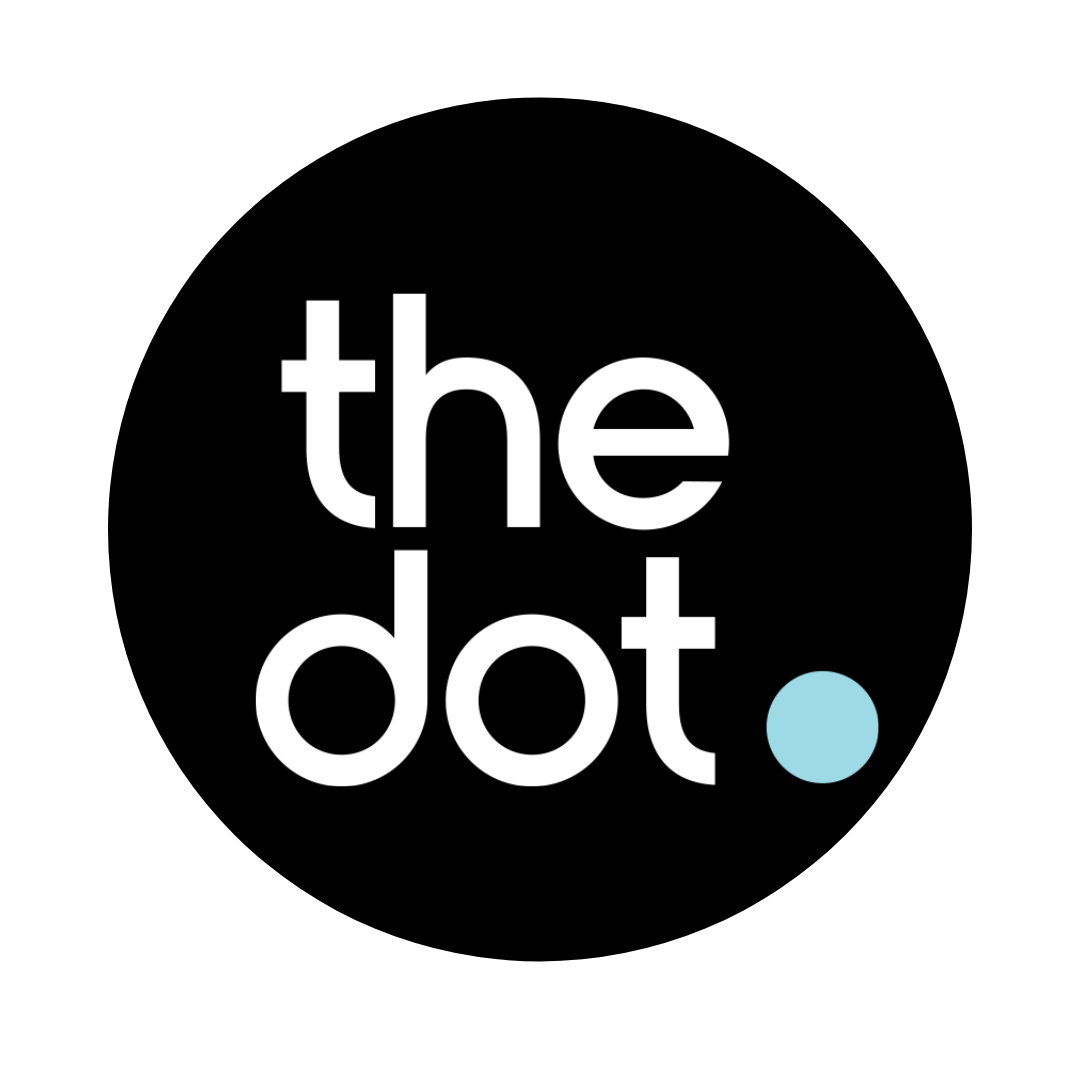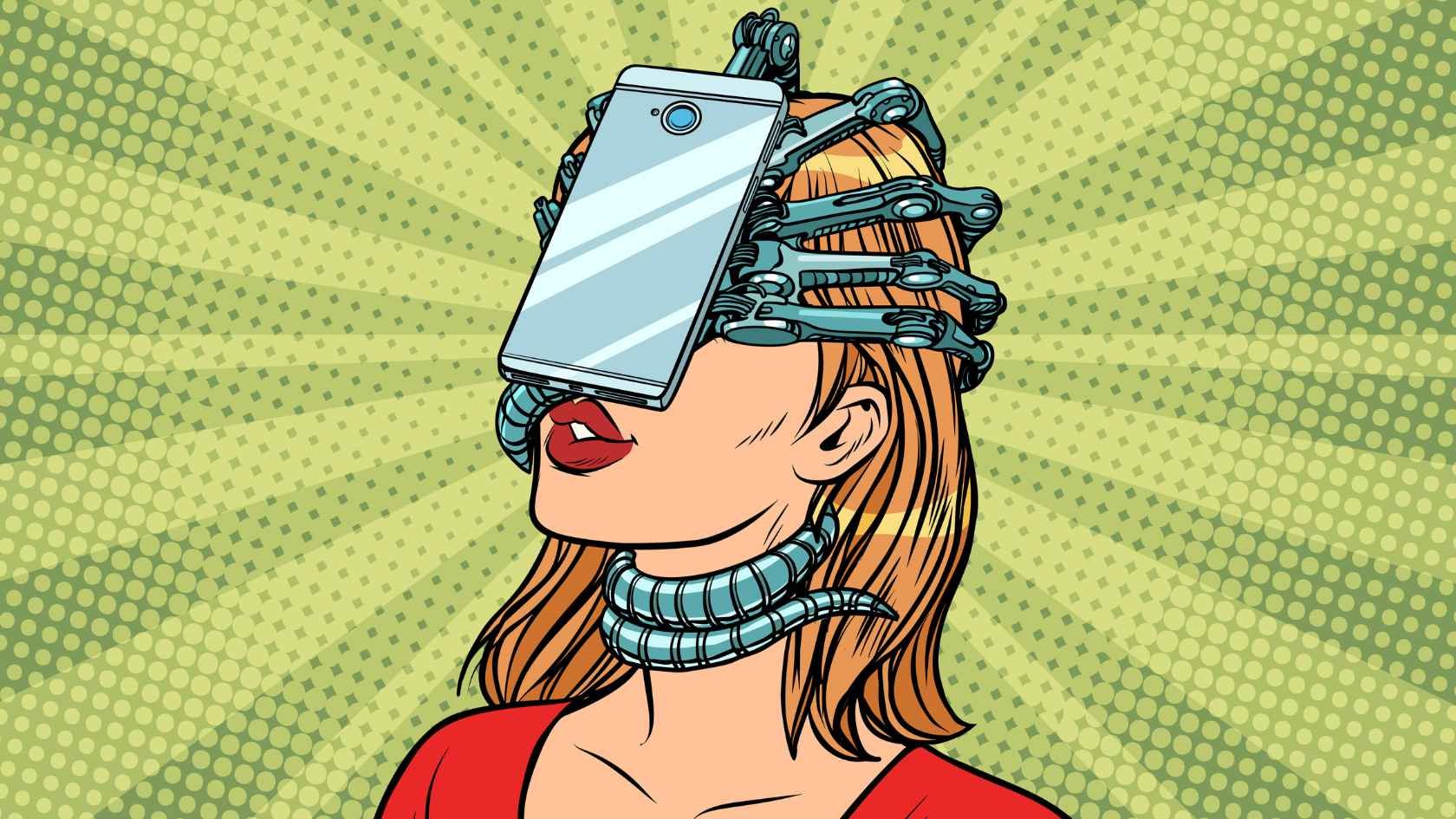Are we digital zombies?
We all have the world in our pocket. New technologies have now made it possible to organize our lives with the click of a button or find the partner of our dreams with the swipe of a finger. But how is all this power changing our lives?
It wasn’t that long ago that the idea of having a device that would allow you to communicate, listen to music, play games, watch tv and movies, read and ‘listen’ to books, take photos, learn, work, and even monitor your heart rate… was the stuff of science fiction.
Yet, in less than a generation, we all have access to an incredible amount of power right in our pockets. We can video chat with friends and family on the other side of the world. We can learn and work remotely. We can shop for anything from groceries to cars. We can “share” anything and everything. In fact, we have generations of ‘digital natives’ (Gen Z / Millennials) who have been raised in a digital, media-saturated world, “who have little or no memory of the world as it existed before the internet, computers and smartphones”.
But what are the effects of spending so much time using these new technologies? How are mobile phones, computers and constantly evolving technologies changing our lives? Is it all positive?
We’ve collected some TED Talk videos that will give you a lot of food for thought on screen time and technology. You will notice that the overall sentiment is that, yes, technology and devices are incredible opportunities BUT, they have a time and place, even in this modern world. As with anything in life, there must be balance. We mustn’t let technology take over our lives. It is imperative to remember the original point of your phone, email and even social media — to keep in touch with loved ones and increase productivity — if that isn’t the case for you, then perhaps these videos are worth a watch.
Why our screens make us less happy
What are our screens and devices doing to us? Psychologist Adam Alter studies how much time screens steal from us and how they're getting away with it. He shares why all those hours you spend staring at your smartphone, tablet or computer might be making you miserable -- and what you can do about it.
Is technology really ruining your life?
David Ellis: Is technology ruining our lives?
It is almost impossible to avoid laptops, social media, emails, and smartphones. Many of these technologies were developed to help organize our lives, while others promise to keep us fitter and happier for longer. But does all this technology have unintended consequences? David Ellis holds a 50th Anniversary Lectureship in Psychology at Lancaster University and an Honorary Research Fellowship at The University of Lincoln. Much of his work considers how recent methodological developments in technology and data collection (often referred to as digital traces) can reveal information about individuals and their behaviour.
Is Social Media Hurting Your Mental Health?
The impact of social media on our mental health
Scrolling through our social media feeds feels like a harmless part of our daily lives. But is it actually as harmless at seems? According to social media expert Bailey Parnell, our growing and unchecked obsession with social media has unintended long term consequences on our mental health. As social media continues to become part of the fabric of modern life – the “digital layer” – abstinence is becoming less of an option. Bailey think it’s high time we learned to practice safe social before it’s too late. What are the common triggers? How are they affecting you over time? How can you create a more positive experience online? Bailey covers this and more in “Is Social Media Hurting Your Mental Health?”
What you are missing while being a digital zombie
Psychotherapist Patrik Wincent providing tips on how to avoid becoming a digital zombie.
In a hyperconnected world, where mobile devices have become appendices to our body and people check their social media accounts hundreds of times a day, human interaction is sacrificed daily in favour of digital exchanges. In his talk from TEDxStockholm event "Generation WHY?", psychotherapist Patrik Wincent takes us on a journey through his own Internet obsessions, and gives us valuable tips to avoid becoming digital zombies.
We’re here if you need help.
Therapy is a valuable tool that can help you to solve problems, set and achieve goals, improve your communication skills, or teach you new ways to track your emotions and keep your stress levels in check. It can help you to build the life, career, and relationship that you want. Does everybody need it? No. But if you are curious about working with a therapist, that curiosity is worth pursuing.
We know it takes a great amount of courage to examine your life and to decide that there are things you would like to change. And, it takes more courage to do something about it. We can help. We offer free consultations for anyone in Ontario considering individual or couples counselling, online at The Dot. We will go through any of your questions and concerns to help you decide whether online counselling is the right choice for you.
SOURCES
The Conversation Generation Z: when it comes to behaviour, not all digital natives look alike


